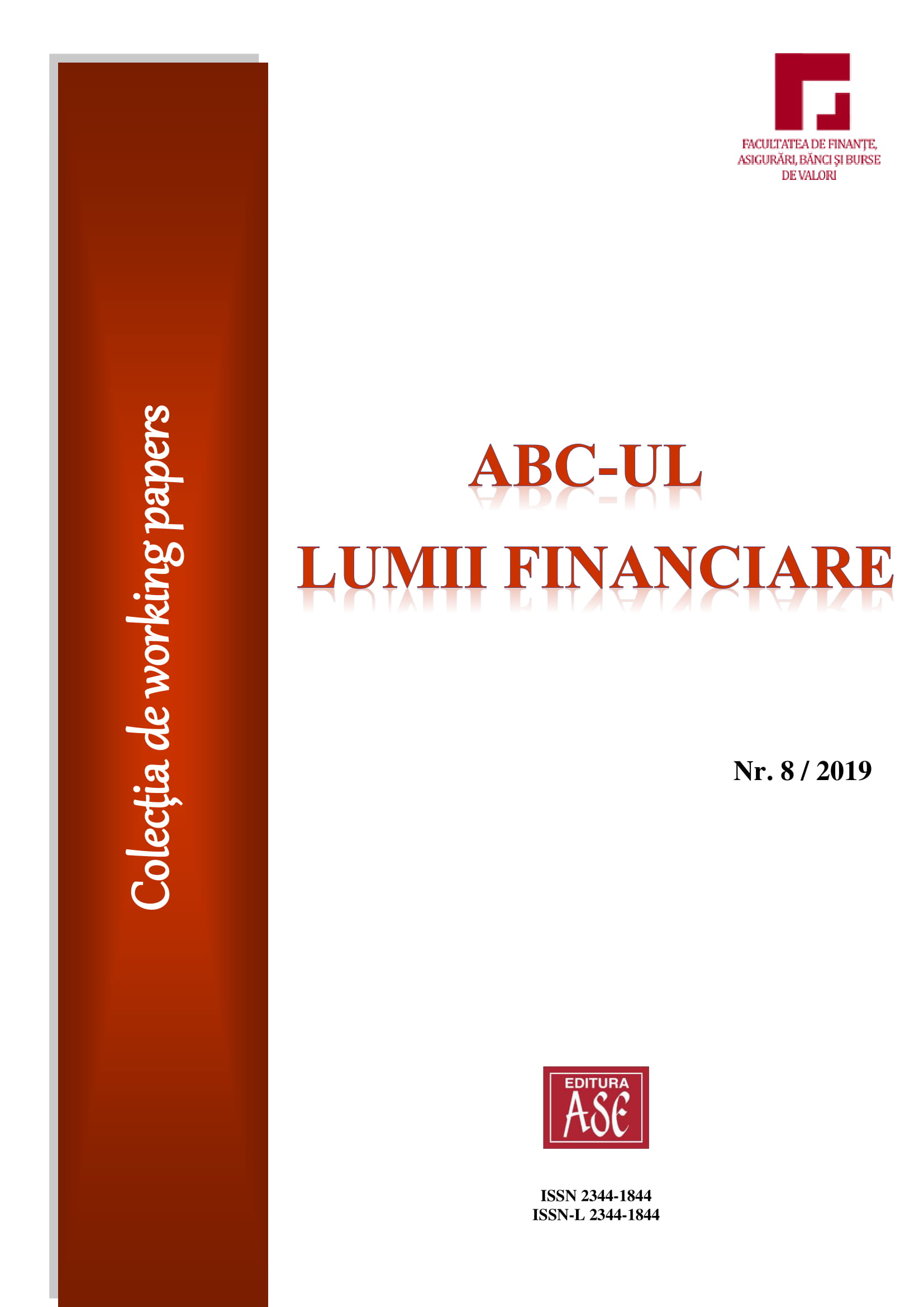Lăcomia şi teama pe piaţa acţiunilor
Greed and fear in the stock market
Author(s): Diana DavidSubject(s): Economy, Business Economy / Management, Financial Markets, Socio-Economic Research
Published by: EDITURA ASE
Keywords: greed; fear; behavioral finances; technical analysis; stocks;
Summary/Abstract: Investors are prone to repeat the same mistakes over time. Despite the fact that it diminishes the profit, the shares are bought at high prices out of greed and sold at a low price out of fear. The "Homo Economicus" hypothesis refers to the fact that there are no completely rational investors in the financial markets. Behavioral finance and neuroeconomics can contribute to a precise model of financial decision-making. The neurological mechanisms of greed originate in the neurotransmitter dopamine. Research has led to the conclusion that some neurons may link reward to behavior. Dopamine is one of these hormones. Contrary to the above, the risk of aversion has its origin in cortisone, the main hormone released when people are overwhelmed by feelings of fear. Men tend to change their financial decision due to exogenous and visual factors, and women show less variability in their financial decisions. In general, men tend to make riskier decisions than women. Fear and greed are factors that should be avoided when making a financial decision. They can be beneficial in certain scenarios, but we cannot be guided by them.
Journal: Colecția de working papers "ABC-ul Lumii Financiare"
- Issue Year: 2019
- Issue No: 8
- Page Range: 573-590
- Page Count: 18
- Language: Romanian

